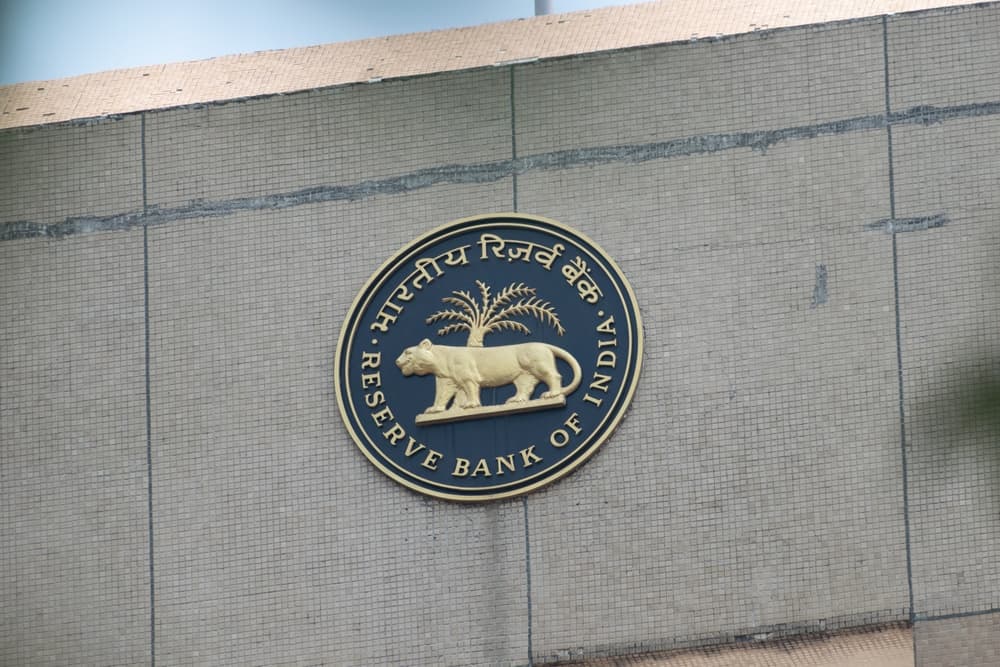The government is working on making a new senior citizen policy and making amendments to the Maintenance and Welfare of Parents and Senior Citizens Act 2007. As the senior population is expected to reach around 350 million by 2050, which is more than double compared to the current elderly population, it raises the need to focus on this age group and prepare suitable policies for individual seniors aligning with the national interest.
For the uninitiated, there is already a policy for senior citizens issued by the government in 1999, which emphasises the need to support seniors ensuring food, healthcare, shelter, finances, and protection from abuse. Now, after 25 years of making the first policy, the government is working on a new senior citizen policy, and amending the Maintenance and Welfare of Parents and Senior Citizens Act 2007, according to a report by the Economic Times, citing Amit Yadav, secretary, ministry of social justice and empowerment.
Also Read: What Is Ayushman Bharat Yojana?
The demographic dividend India has now because of the young population will change when this young population ages. The life expectancy is also increasing. Thus, the policies should be created or amended according to the needs of changing demography.
Increasing life expectancy in India:
42 years in 1951-60
58 years in 1986- 90
67-69 years in 2011-16
(Data from the Ministry of Social Justice and Empowerment)
Here are the primary factors that affect senior citizens and what the new policy is expected to consider.
Also Read: Pig Butchering And Digital Arrest: Modus Operandi Of Cyber Fraudsters And I4C Advisory For Safeguard
Shelter:
A recently released report by the Association of Senior Living (ASLI) and JLL also underlines the need for innovative and scalable solutions for senior living spaces. According to Samantak Das, Chief Economist and Head of Research and REIS, India, JLL, “We are forecasting a doubling of senior living inventory in just six years, with market penetration jumping from 1.3 per cent to 2.5 per cent. But here is the kicker – even this dramatic growth will not meet the surging demand.”
But senior living is only one segment to deal with the shelter issue. However, the more pressing concern may be affordability. It should be to a level where a higher number of people afford to avail themselves of senior living.
Also Read: SBI Hikes Lending Rates For Short-Term Loans, Here Are The Updated Rates
Healthcare:
Rajit Mehta, Chairman, ASLI and MD and CEO, Antara Senior Care, explains, “Presently only 5 per cent of India’s elderly have access to institutional care, and over half live without social security. With a significant gap in geriatric healthcare services as well — less than 0.7 hospital beds per 1,000 elderly — it is imperative that we build inclusive, accessible, and sustainable senior care models”.
While the recent extension of the Ayushman Bharat Yojana by the government to all seniors aged 70 years and above is one step in ensuring they have at least Rs 5 lakh of health insurance, the availability and the quality of the benefit in the eligible hospitals is still to be explored.
Also Read: Bhavishya Portal: Retirees, Stop Running Around! Fill Form 6-A And Track Pension Sanction And Payments
Financial Security:
In India, only 22 per cent of the old age population has pension security, as per the Niti Aayog report. The remaining 78 per cent have to depend on family members to sustain in old age. The old age pension central and state governments offer to senior citizens from economically weaker sections is meagre and may also be looked at in the new senior citizen's policy.
According to the Policy Statement of the National Policy for Older Persons Year 1999, “The National Policy seeks to assure older persons that their concerns are national concerns and they will not live unprotected, ignored or marginalized. The goal of the National Policy is the wellbeing of older persons. It aims to strengthen their legitimate place in society and help older persons to live the last phase of their lives with purpose, dignity, and peace.
While the Maintenance and Welfare of Parents and Senior Citizens Act 2007 has supported seniors in many abuse instances, the amendments are expected to make the processes convenient and faster. Having said that, the new senior policy is expected to consider all aspects including healthcare, shelter, financial security, and protection from abuse with improved focus.





